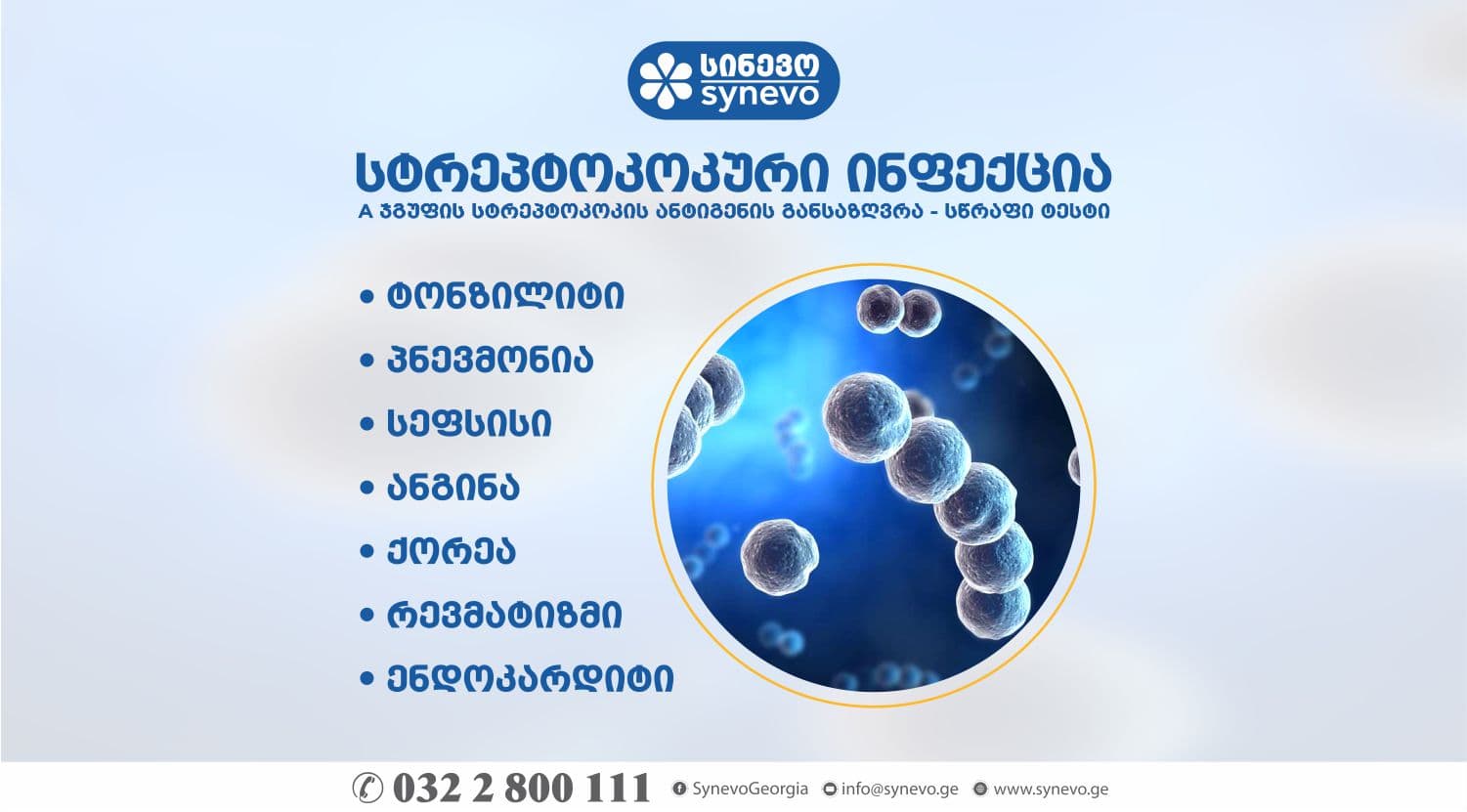
The site is temporarily down due to maintenance. Sorry for the inconvenience.
The site is temporarily down due to maintenance. Sorry for the inconvenience.
The site is temporarily down due to maintenance. Sorry for the inconvenience.
The site is temporarily down due to maintenance. Sorry for the inconvenience.
Quality & Accuracy
Experience
The latest technologies
Speed &
Credibility
₾160.00
Secretory neuroendocrine tumors are usually associated with much higher levels of catecholamines than the upper limit of the established norm.
Pheochromocytoma The most common catecholamine-secretory (adrenaline and noradrenaline) is a tumor, which in 90% of cases is located in the medullary (brain) part of the adrenal gland. This type of tumor can occur alone or in the form of multiple endocrine neoplasms. The clinical picture includes hypertension, often marked by paroxysmal attacks, accompanied by tachycardia, chest pain, paleness, headache, nausea.
Other types of tumors that can occasionally cause paroxysmal or persistent hypertension are: Paraganglioma.
The test contains 3 fractions of free catecholamines (unconjugated) (adrenaline, noradrenaline and dopamine) in 24-hour urine and is an informative tool for diagnosing pheochromocytoma and other tumors of neural origin.
It is usually used as a confirmatory test if an elevated amount of methanephrine is detected in plasma or urine.
The diagnostic value is higher if samples are taken during a hypertensive crisis. Because the production of catecholamines by tumor cells is interrupted, the determination of catecholamines in 24-hour urine is more informative than testing them in plasma.
Sampling:
Container required for collection: 2-3 liter container and disposable plastic cup for urine, on which is placed (marked) the total amount of urine in 24 hours.
Increased levels of catecholamines in the urine:
Testing process
|
Purchase a test |
Submission of material |
|
Results Online |
Consult a doctor |

More than 1000 routine and complex/specific diagnostic tests in all major areas of clinical pathology.

48 laboratory centers in 25 cities of Georgia: Tbilisi, Rustavi, Kutaisi, Batumi, Marneuli, Telavi, Zugdidi, Zestafon, Gori, Kobuleti, Akhaltsikhe, Khashuri, Sartichala, Kazbegi, Borjomi, Samtredia, Gurjaani, Lagodekhi, Akhmeta, Ozurgeti, Poti, Chiatura , Dusheti, Kareli, New Gudauri.

Use the Synevo web platform to view results from anywhere and anytime
Use the Synevo web platform to view results from anywhere, anytime
From Monday to Saturday you can use the laboratory services at home.
☎️ Hotline: 239 38 33 or 239 40 65
577293008 (9:00-დან 17:00-მდე)
30 laboratory centers in 11 cities of Georgia: Tbilisi, Kutaisi, Batumi, Kobuleti, Zugdidi, Zestaponi, Rustavi, Marneuli, Akhaltsikhe, Telavi, Gori.
More than 3000 routine and complex / specific diagnostic tests in all major areas of clinical pathology.

"Synevo" - Providing a wide range of diagnostic services in Georgia, offering more than 1,000 routine and specific diagnostic tests in all major areas of clinical pathology. By the end of 2023, the Synevo Georgia network will include 3 clinical laboratories and 47 blood sampling units, which will perform more than 300,000 tests.
Contact information
Address: Tsinandali St. N9 (N1 Clinical Hospital area)
2021 – 2023 © Synevo. all rights reserved